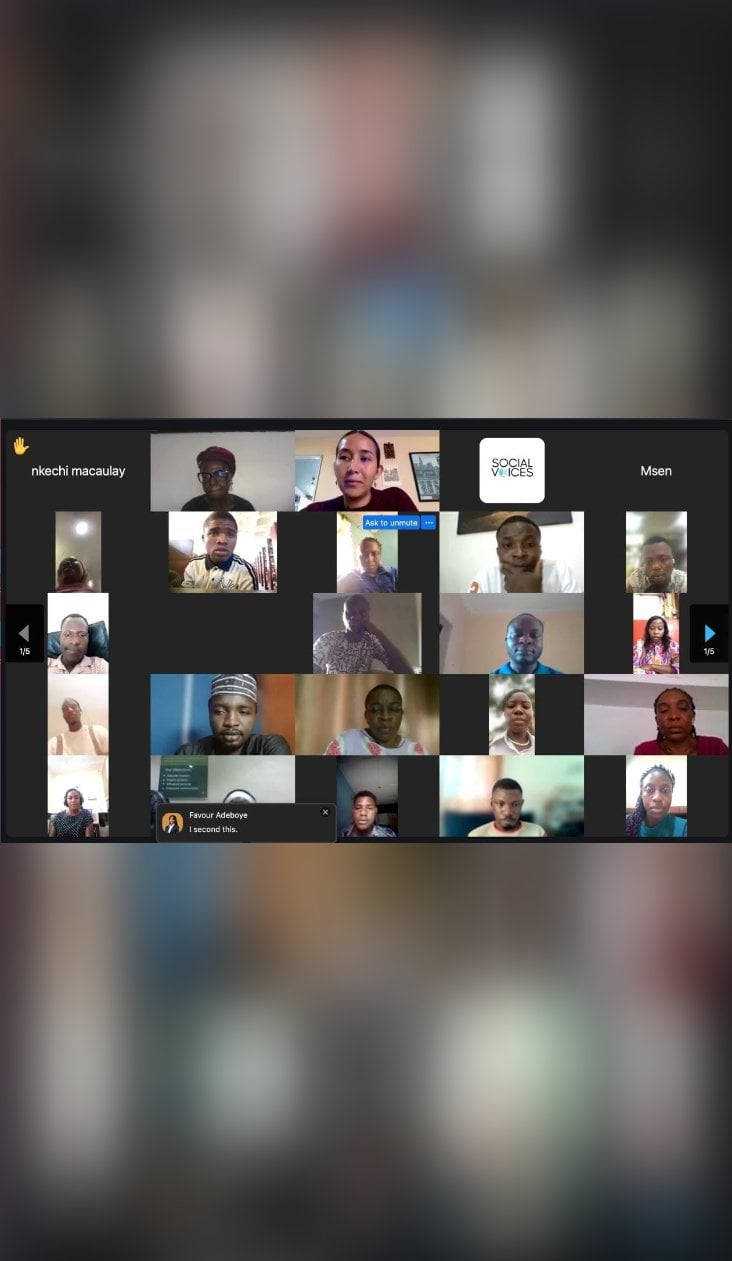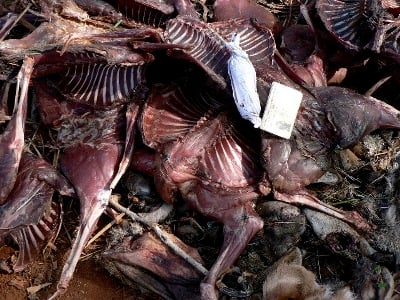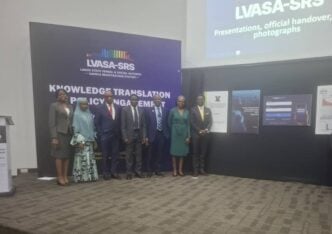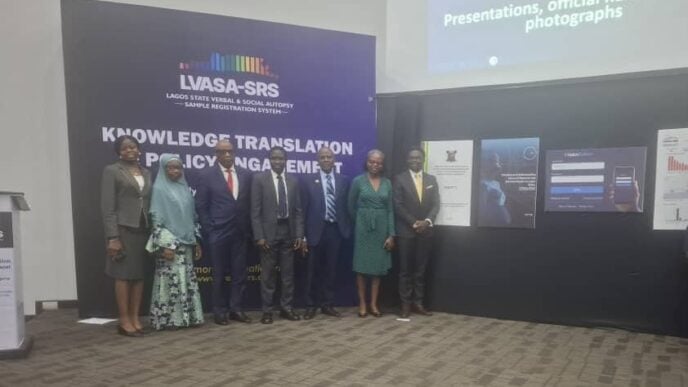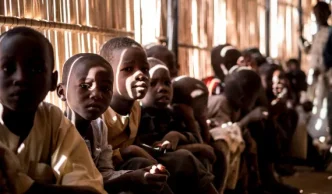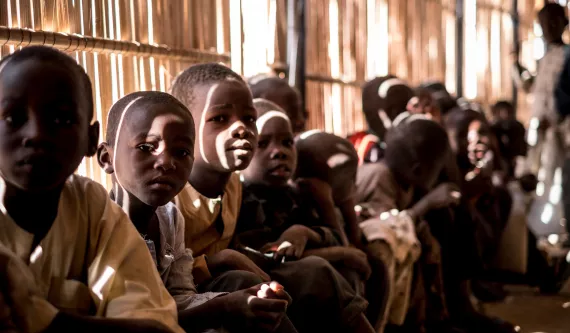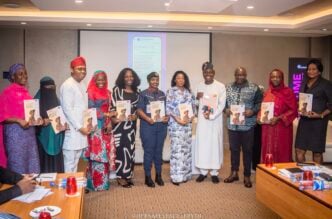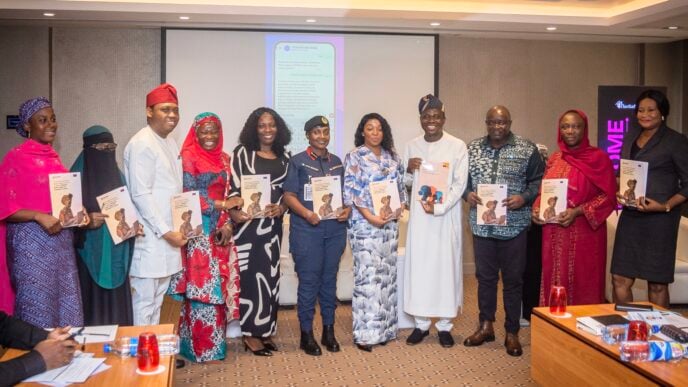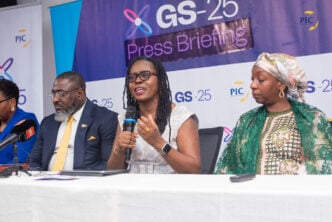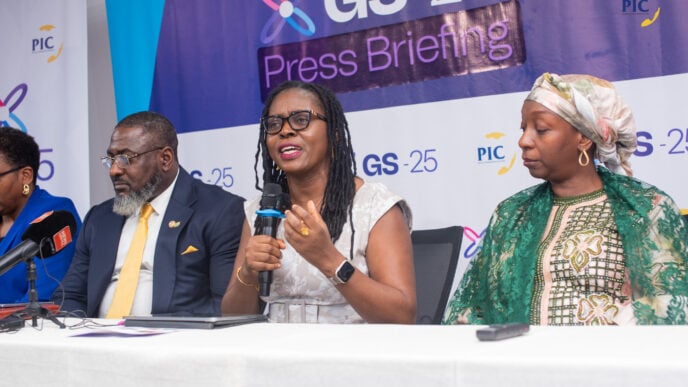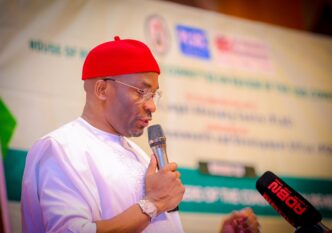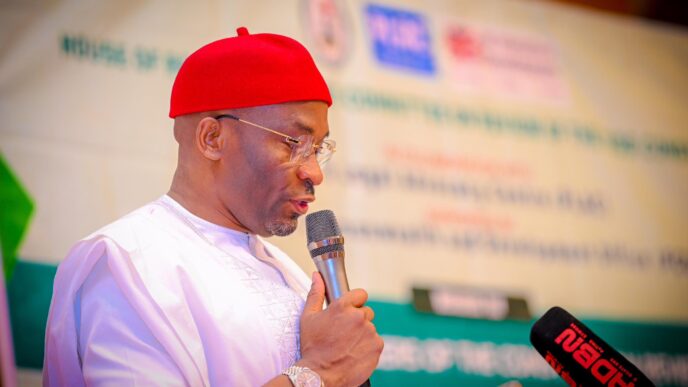Screenshot from the training
Social Voices has trained over 130 journalists, writers and media professionals from across Africa on reporting gender issues through a solutions-driven lens.
The three-day virtual training, in partnership with the Solutions Journalism Network, held in June. It was part of the gender equity reporting training (GERT) initiative aimed at addressing persistent gaps in gender reporting in Africa.
Seun Durojaiye, managing editor at Social Voices, said many storytellers either struggle to apply solutions journalism principles or lack the skills to report on gender responsibly.
Durojaiye noted that the aim of the training was to address how women and gender issues are portrayed online and offline.
Advertisement
“We are empowering a community of storytellers who can contribute to more meaningful conversations around gender issues,” Durojaiye said.
“Our goal is to address how women and gender issues are portrayed both online and offline, and to move away from the sensationalism that often dominates coverage.”
Each day of the training focused on building practical skills around ethical storytelling and evidence-based reporting.
Advertisement
Cecilia Garcia and Tity Agbahey from Equal Measures 2030, introduced participants to the 2024 SDG gender index and demonstrated how to use gender data to uncover untold stories and hold policymakers accountable.
Rotimi Olawale, co-founder of YouthHubAfrica, discussed the role of men and boys in promoting gender equality.
Olawale showed the participants how inclusive framing could shift public perception.
On the final day, Chigozie Victor, senior editor at Zikoko Citizen, introduced the four pillars of solutions journalism — response, evidence, insight and limitations.
Advertisement
She walked participants through story pitching and interviewing techniques, and encouraged journalists to go beyond the inverted pyramid when necessary.
Sakina Ahmed, one of the participants and a broadcaster with Radio Nigeria Fombina FM in Adamawa, said the session offered fresh insight.
“I learned that there are more out-of-school boys than I realised. Thank you,” she said.
Participants were drawn from Nigeria, Ghana, Liberia, Sudan, Uganda, Zambia, Zimbabwe and Tanzania, representing national media houses, community radio stations, digital newsrooms and local newspapers.
Advertisement
